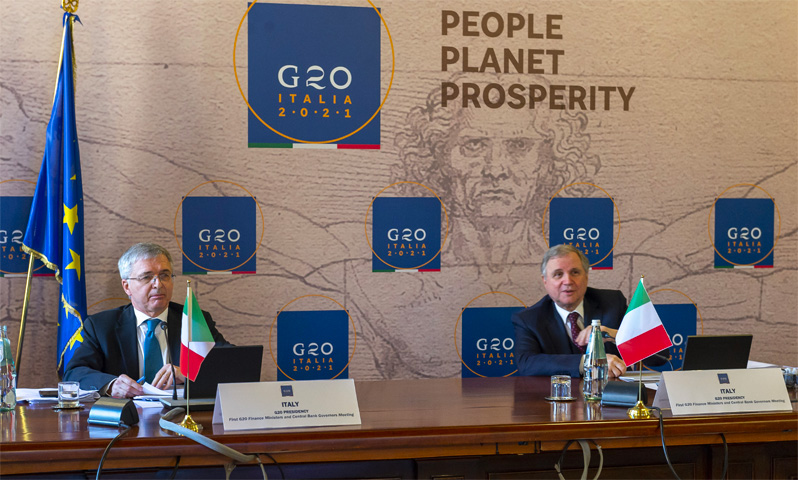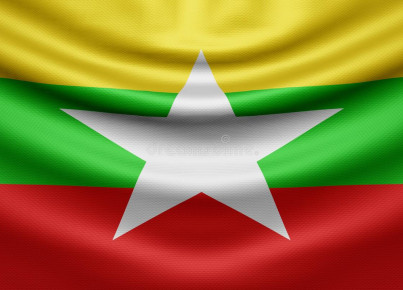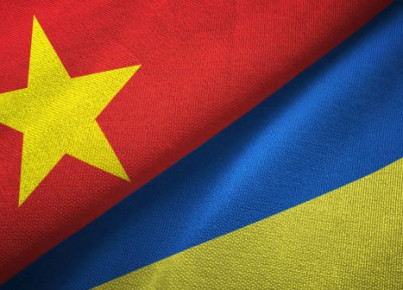For the first time, Italy will chair the G-20 will have to mediate between the US and China. The handover with Indonesia can help put Asian issues at the centre.
For the first time since its establishment, the G-20 will be chaired by Italy. The Italian Presidency began in December 2020 and will end on 30-31 October 2021 with a large conference of all the heads of state and government in Rome. Before the Roman Summit, various ministerial-level meetings will take place on various issues in several Italian cities in the period between May and October. For Italy, it is a great opportunity to be the undisputed protagonist on the stage of international politics.
The central themes on which the Italian Presidency has decided to set the work of the G-20 are three: People, Planet and Prosperity, exemplified in the acronym 3Ps. These are three concepts based on the United Nations 2030 Agenda for sustainability. Indeed, we can speak of social sustainability in favour of People, environmental sustainability concerning the Planet and also economic sustainability with regards to Prosperity. The fact that sustainability is at the centre of the forum suggests that our country intends to play a leading role in building a new international economy based on the respect for the planet and the protection of people. Alongside sustainability, the issue of health will also be central, given that Italy will chair the Global Health Summit together with the European Commission and therefore we can expect a strong commitment from the Italian Presidency on the current problem of the pandemic and how to counter it with global measures.
A challenge that awaits our country, under the leadership of the new Draghi executive, will be to play a mediating role between the US and China. With this in mind, the Rome Summit will also be the first major international event in which the new President Joe Biden will meet with Chinese President Xi Jinping. As already demonstrated by Biden's words at the recent G-7, the US has decided to leave Trump's isolationist season behind and to return protagonist in international politics. Surely the new President will bring to the table the theme of the greater commitment of the USA to sustainability and compliance with the Paris climate agreements, as well as support for the battle against the virus and the end of the "tariff war" with China, but it will make its voice heard about Hong Kong, the Uighurs and the delicate conflict in the South China Sea. Italy will have to be ready to facilitate dialogue between the two giants and perhaps it will find a valid ally for this task precisely in the country that will succeed ours as Chair of the G-20.
Indeed, in 2022 it will be up to Indonesia to coordinate the work of the international forum. Indonesia is not only the most populous Muslim country in the world and the third most populous in Asia, but it is also a member of ASEAN (the only one of these in the G-20) and certainly among all, it has been the most committed to greater integration and democratization among the countries of Southeast Asia, as demonstrated by the recent case of the coup in Myanmar. For the "archipelago state", the Presidency of the G-20 will be the long-awaited opportunity to demonstrate to the world that democracy and Islam can coexist, that the country is on its way to development and shares the battle for sustainability and that it is a valid actor in international politics. It will try to exploit its position to better integrate ASEAN with the G-20 and will certainly play a mediating role between the US and China, also not to get trapped in their dispute.
Italy will have to team up with Indonesia to facilitate dialogue between the US and China, to soften relations between China and India and to strengthen UE-ASEAN relations. It is good to remember that Italy (together with Germany and France) has recently become an ASEAN Development Partner and this certainly constitutes a privileged observation point for the Asian scenario that our country must be able to make the most of, especially given the handover with Indonesia. Finally, it should not be forgotten that the EU and Indonesia have been negotiating a trade agreement for several years, but the differences of opinion on palm oil are effectively blocking it. The hope is that the Italian Presidency will be able to unlock this trade dossier, as well as those with the other ASEAN countries. A closer relationship between the EU and ASEAN through Italy and Indonesia will improve the dialogue between Europe and Asia and prevent the two geographical areas from being trapped in the dispute between the US and China.
By Niccolò Camponi






